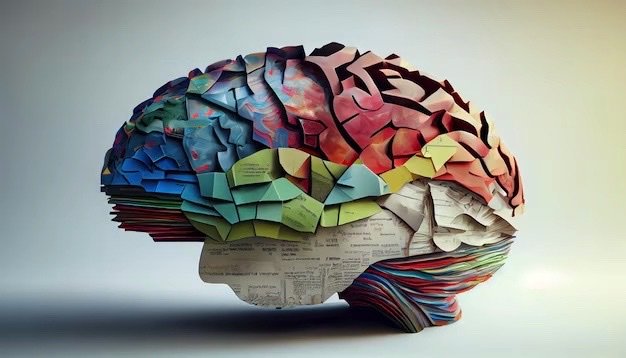Is AI Ruining Learning for Social Work Students?
Excerpt: As AI becomes more prevalent in education, social work students face unique challenges and opportunities. Discover if AI is ruining or revolutionizing learning in social work.
Introduction
Artificial intelligence (AI) is making waves in education, promising to revolutionize how students learn. However, this technological shift raises a critical question: Is AI ruining learning for social work students? With the increasing use of AI tools and platforms, social work education faces both significant challenges and promising opportunities. In this post, we’ll explore the impact of AI on social work students' learning experiences and discuss whether it enhances or hinders their education.
The Rise of AI in Education
AI is increasingly integrated into educational systems, offering personalized learning experiences, automated grading, and data-driven insights into student performance. In social work education, AI tools can provide interactive simulations, virtual field experiences, and instant feedback. While these advancements have the potential to enrich learning, they also raise concerns about the depth and quality of education that social work students receive.
Benefits of AI in Social Work Education
One of the primary benefits of AI in social work education is for workforce development. As AI becomes more prevalent in social service settings, familiarity with these tools will be increasingly valuable. MSW programs that incorporate AI education are preparing their students for the realities of future practice, giving them a competitive edge in the job market.
Additionally, AI can facilitate practical learning through virtual simulations. These simulations allow students to practice real-world scenarios in a controlled environment, developing their skills and confidence before entering the field. Instant feedback from AI systems helps students identify areas for improvement, fostering a more responsive and adaptive learning process.
Challenges of AI in Social Work Education
Despite its benefits, AI also presents significant challenges in social work education. One major concern is the potential for over-reliance on technology. Social work is a deeply human-centered profession that relies on empathy, critical thinking, and interpersonal skills. Excessive dependence on AI tools can undermine these essential qualities, as students may miss out on valuable face-to-face interactions and hands-on experiences.
Another challenge is the quality of AI-generated content. While AI can process and present information efficiently, it may lack the depth and nuance that human educators provide. This can result in a superficial understanding of complex social issues, leaving students inadequately prepared for the realities of social work practice.
Balancing AI and Traditional Learning Methods
To ensure that AI enhances rather than negatively impacts learning for social work students, a balanced approach is crucial. Integrating AI with traditional teaching methods can create a more comprehensive educational experience. For example, professors can incorporate AI within learning assignments and teach AI literacy for responsible and ethical practice. This can ensure MSW programs can produce graduates who are well-equipped to navigate the complex, technology-driven landscape of modern social work practice.
Educators should also emphasize the importance of human qualities in social work. Encouraging students to engage in real-world experiences, participate in group discussions, and develop their emotional intelligence is vital. AI should be seen as a tool to support learning, not replace the fundamental human elements of social work education.
Additionally, addressing potential biases in AI systems is critical. AI algorithms can inadvertently reinforce existing biases present in their training data, leading to unfair outcomes. Continuous monitoring and evaluation of AI tools are necessary to ensure they promote equity and inclusivity in education.
The content in this blog was created with the assistance of Artificial Intelligence (AI) and Saira Sarfaraz and reviewed and edited by Dr. Marina Badillo-Diaz to ensure accuracy, relevance, and integrity. Dr. Badillo-Diaz's expertise and insightful oversight have been incorporated to ensure the content in this blog meets the standards of professional social work practice.



